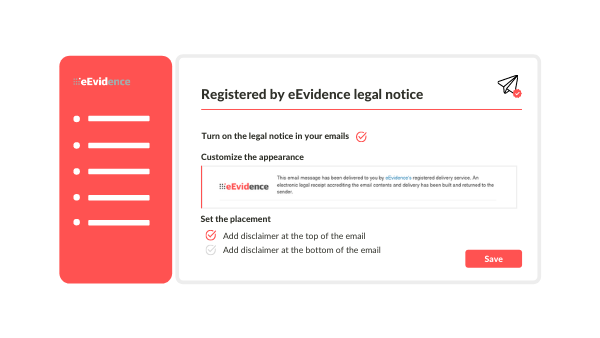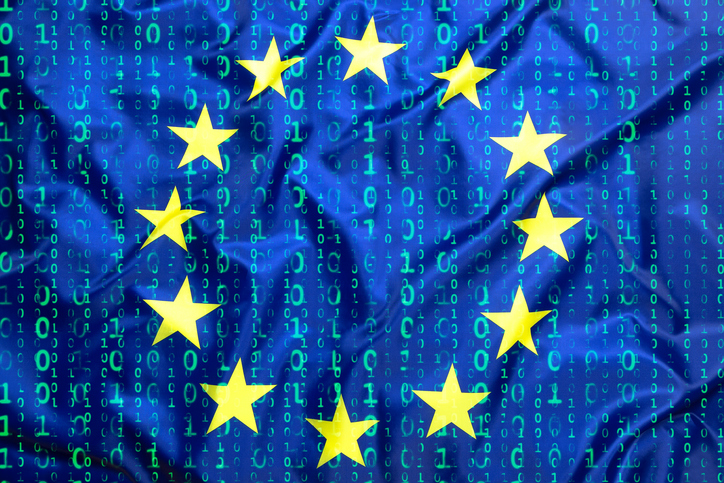Registered Email: What Is It, How To Send, Legal Value and Use Cases

Learn everything you need to know about registered emails (a.k.a. certified emails), why you need them and how you can send a few (or millions) from your regular email account.
Read More →









